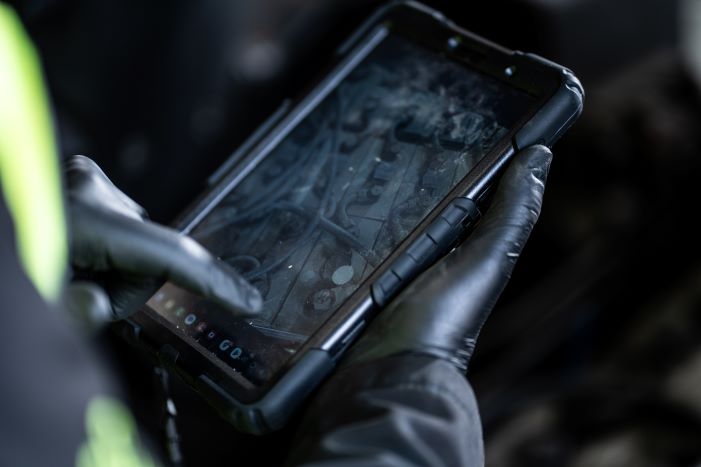When working, there are always potential forklift battery charging hazards that could litter the workplace. However, many of these could be avoided with proper procedures, training, and equipment, all of which should be accessible within the material handling environment.
With safety being such a crucial part of the workplace and a large concern for many, these are some of the main hazards with charging your batteries:
The Battery Falling
Forklift batteries are heavy and can cause injuries if mishandled. As a result, they often can’t be moved or lifted without machinery assistance – this equipment that’s available should allow for easy movement, and thus no need for manual lifting or any awkward body movements.
Overcharging
Forklift batteries can also be overcharged, which in itself brings its own concerns. Whilst overcharging it could simply run down the battery life, it also risks instances such as large amounts of gas that can flush the plates of the battery (this could cause the active material to fall off). It could also lead to faster water loss, which in turn affects the decomposition of electrolytes, and so could cause the temperature to rise and cause spontaneous combustion – this event often happens due to overcharging. All of these can cause the battery to catch fire.
Touching Battery Terminals
There is also the risk of touching the battery terminals (often both terminals at the same time), this can not only cause damage to the battery, but it can also cause whoever touched it to experience an electric shock. In addition to this, any pieces of metal that could come into contact with them - rings, bracelets, even equipment - runs the risk of conducting electricity and electrocution.
In order to prevent electric forklift battery charging hazards, there are prevention methods that greatly decrease the risks that come with. These preventative measures are to be strictly followed in order to ensure the safety of the employees, the workplace, and the batteries being charged.
- Batteries should always be charged in designated, well-ventilated areas. This is due to the fact that good ventilation is essential for dispersing hydrogen gas – should this not be removed to a suitable level, it can easily become flammable and risk catching fire.
- Personnel should wear protective equipment and keep close by protective measures, including spill kits and eye wash solutions/stations, these help keep the employees working on the batteries safe from anything that may happen, including leaks, any chemical spillages or spitting, etc.
- Whilst near the batteries and charging stations, there should be no smoking or open flames as this could react with the hydrogen nearby and ignite.
- In order to ensure the safety requirements have been met, regular inspections on the batteries should be help, to check for any damage that could have happened or maty happen in the near future, and to maintain the batteries themselves properly.
- Another point to remember, that can often be overlooked, is ensuring that the charger being used is entirely compatible with the battery, as if not then the battery could be damaged and inoperable, since it can cause adverse reactions with the electrolyte fluid.
- Following the manufacturer’s guidelines for charging durations and maintenance leaves little room for fault as the steps and guide given should be accurate and specific for each battery type.
- Proper training should also help decrease the risk of battery charging hazards, as they would then know what to do and not to do, increasing the knowledge and thus safety of the employees.

When assessing the hazards of electric forklift battery charging, there are often similar questions that are asked, such as:
- Is a forklift charger a fire hazard?
- What is the primary cause of forklift batteries exploding during recharge?
Most batteries explode due to avoidable circumstances created in the workplace. Overcharging is at the front lines when it comes to batteries exploding, as overcharging often creates too much hydrogen gas. Poor ventilation links to overcharging, as ventilation is used to disperse the hydrogen gas that’s created, but with poor ventilation, this gas struggles to diffuse. Physical damage also plays a part into explosions during charging, however less of an issue by itself – physical damages can lead to leaks, and in combination with electrical faults can cause fires or explosions.
All these issues are easily avoided, as overcharging can be stopped, ventilation can be fixed, and damaged batteries can be removed and no longer in use.
Juice Stored Energy prides itself on having safe and efficient battery maintenance – therefore, in order to combat these risks, we offer our training facility to help teach any employees on the safe charging of batteries, and our maintenance plans that revolve around our customers. We exist to make our clients feel unstoppable, and that includes unstoppable safety!



